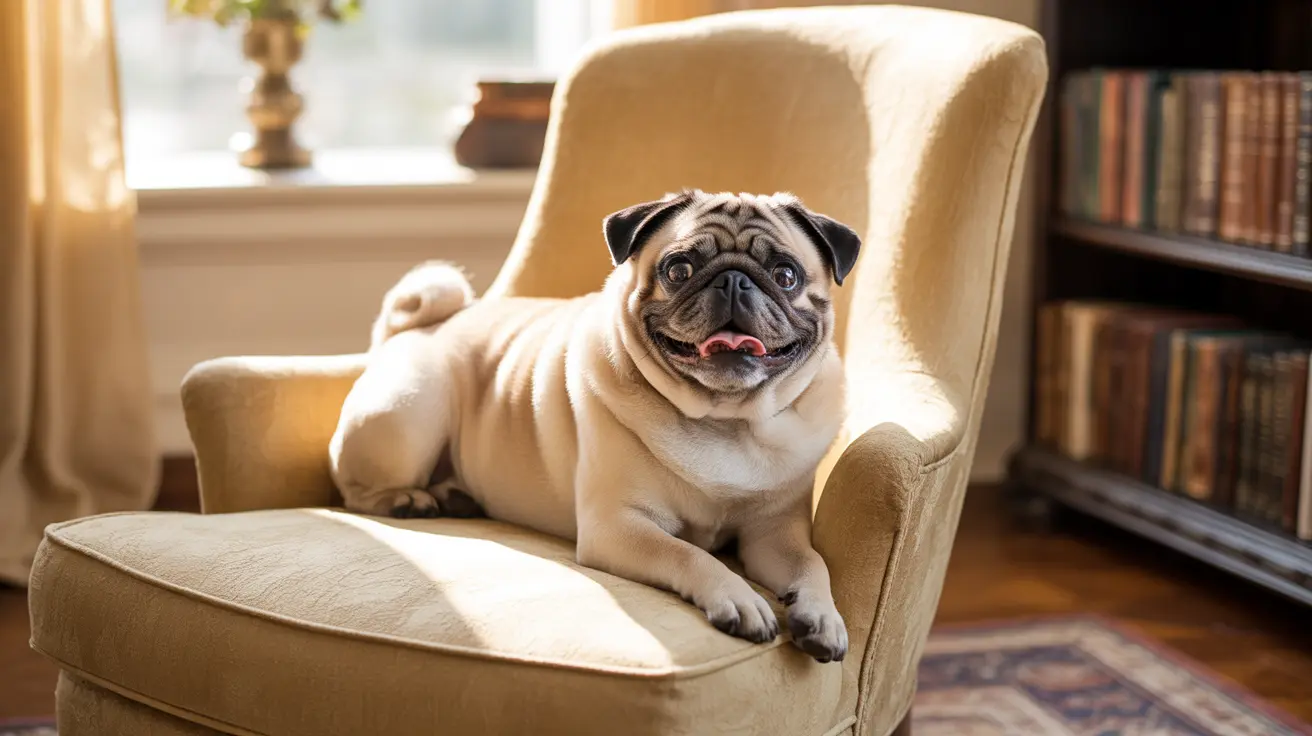When you see your furry friend with what appears to be a grin on their face, you might wonder if dogs really smile like humans do. While the smile dog phenomenon has fascinated pet owners for generations, the science behind these expressions is both fascinating and complex.
Recent research has revealed that dogs do indeed make facial expressions that resemble smiles, though their meaning and purpose differ significantly from human smiles. Let's explore the science behind these endearing expressions and what they really tell us about our canine companions.
The Science of Canine Facial Expressions
Dogs have evolved a sophisticated system of facial expressions, particularly when interacting with humans. The most notable is the "relaxed open mouth" expression, which often resembles a human smile. This expression typically occurs during positive interactions and can indicate a state of contentment or relaxation.
Research has shown that dogs are particularly expressive when making eye contact with humans, demonstrating their unique ability to communicate with us in ways that even their closest wild relatives, wolves, cannot. This adaptation is likely a result of thousands of years of domestication.
Understanding Different Types of Dog Smiles
Not all dog smiles are created equal. The most common types include:
- The relaxed open-mouth expression
- The submissive grin
- The play smile
- The anticipatory smile
Each of these expressions serves a different communicative purpose and appears in specific contexts. The submissive grin, for instance, is an inherited behavior from wolves, used to signal non-threatening intentions to other pack members.
The Role of Emotions in Dog Expressions
While dogs don't smile for the same reasons humans do, their facial expressions are indeed linked to emotional states. Scientific studies have shown that oxytocin, often called the "love hormone," plays a crucial role in dog-human bonding and can influence their facial expressions during positive interactions.
Dogs may display their "smile" when experiencing various positive situations, such as:
- Greeting their favorite humans
- During playtime
- In response to praise or treats
- When feeling relaxed and content
How to Read Your Dog's Happy Expressions
Understanding your dog's facial expressions requires attention to their overall body language. A genuine "smile dog" expression is typically accompanied by:
- Relaxed ear position
- Soft, gentle eyes
- Loose, wagging tail
- Relaxed body posture
- Smooth forehead without tension
Frequently Asked Questions
Why do dogs seem to smile when they're happy or relaxed?
Dogs display a relaxed open-mouth expression, often interpreted as a smile, when they're feeling comfortable and content. This expression is part of their natural body language and can indicate a positive emotional state.
How do dogs communicate through facial expressions, and what do their smiles mean?
Dogs use facial expressions as part of their complex communication system. Their "smiles" can indicate relaxation, submission, or friendly intentions, depending on the context and accompanying body language.
Can dogs truly recognize and mirror human smiles, or is it just mimicry?
Research suggests dogs can recognize human facial expressions and may mirror them as part of social bonding. While not exactly the same as human smiling, this behavior demonstrates their evolved ability to communicate with humans.
What is the "submissive grin" in dogs, and how does it differ from a happy smile?
The submissive grin is a specific expression where dogs pull back their lips and show their teeth as a peaceful gesture. Unlike a relaxed smile, it's typically accompanied by other submissive body language and is used to communicate non-threatening intentions.
How can I tell if my dog's smile is a genuine expression of happiness or something else?
Look at your dog's overall body language. A genuine happy expression includes relaxed body posture, gentle eyes, and loose tail wagging. Signs of stress or anxiety, like rigid posture or whale eye, indicate the expression might mean something else.
Understanding your dog's facial expressions, including their unique version of a smile, helps strengthen the bond between you and your pet while ensuring you can better respond to their emotional needs and communication signals.






